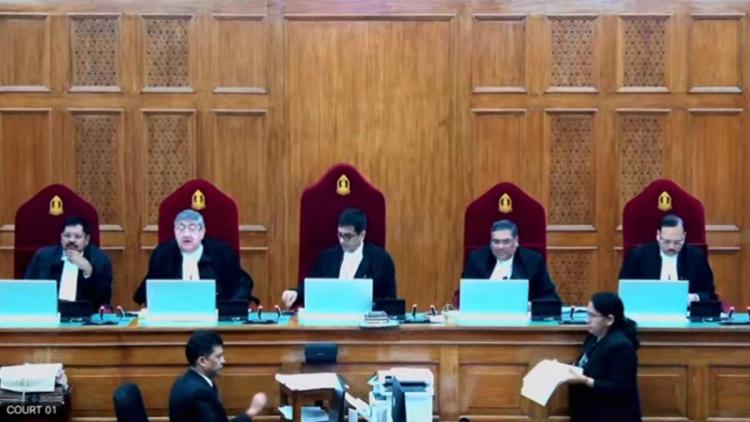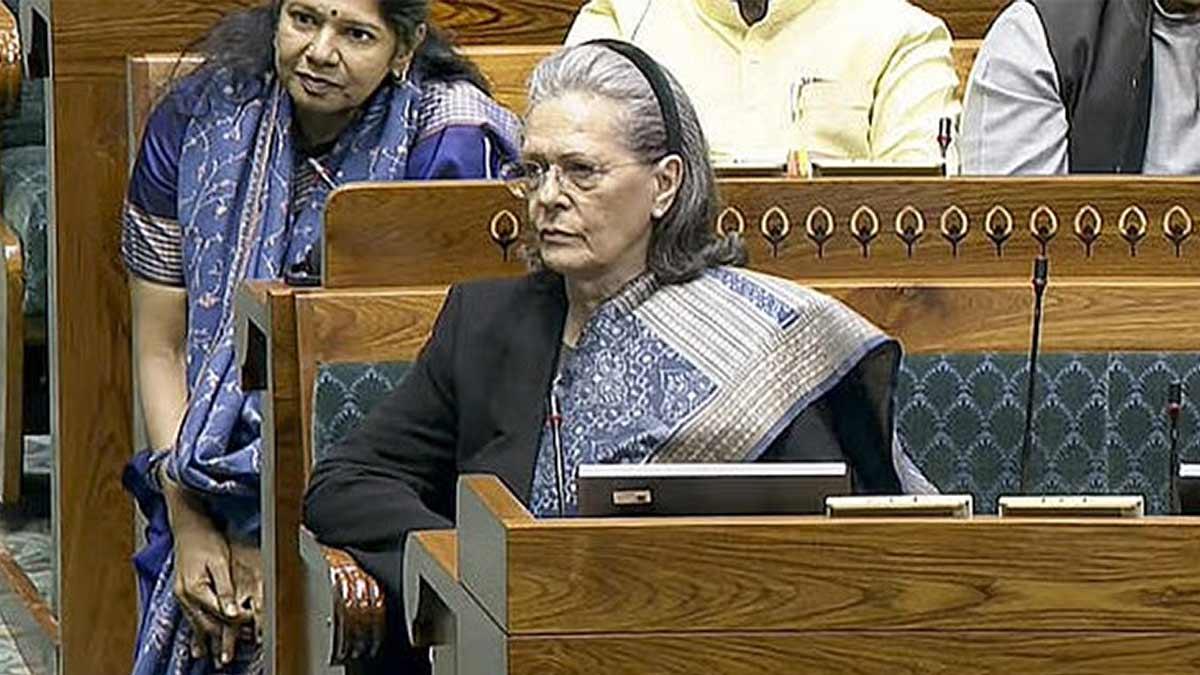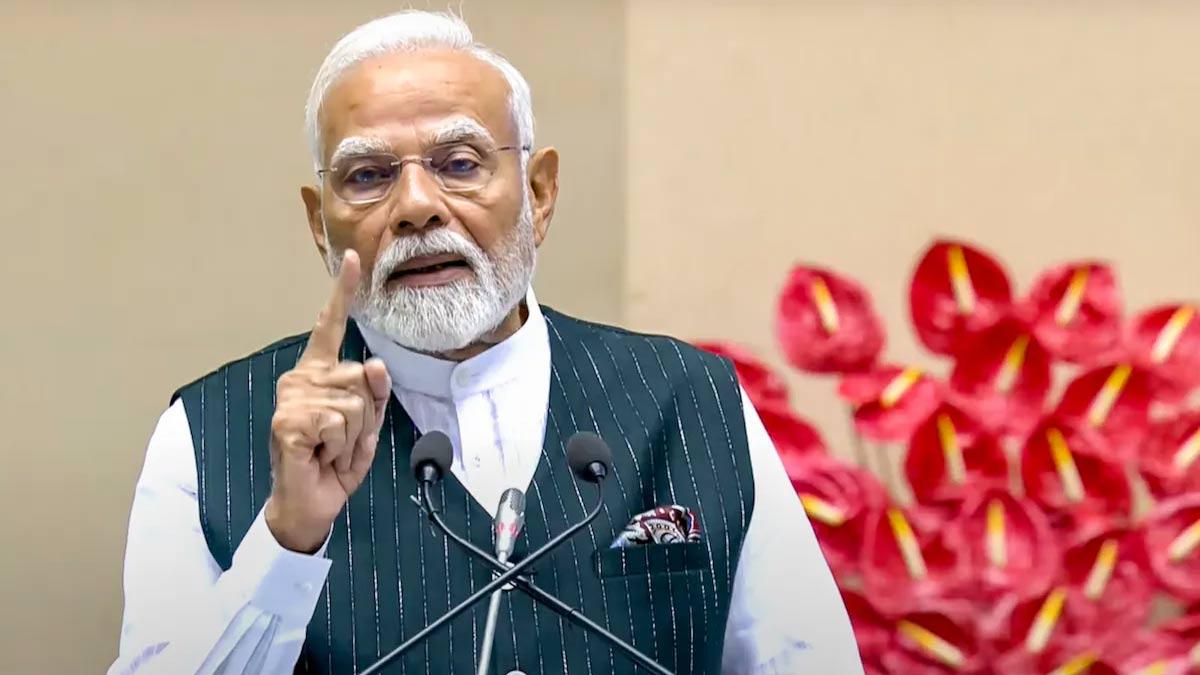Chief Justice of India (CJI) D.Y. Chandrachud emphasized that Jammu and Kashmir relinquished its sovereignty, including internal sovereignty, upon joining the Union of India. He clarified that the state lacks any distinct sovereignty elements and that both Article 1 and 370 affirm J&K as an integral part of India.
CJI Chandrachud highlighted that J&K fully surrendered its sovereignty to the Union of India, and the state's constitution aimed to define its relationship with the Union. He pointed out the absence of a mention of 'sovereignty' in J&K's constitution, contrasting it with India's constitution that emphasizes the nation as a sovereign, socialist, secular, and democratic republic in its preamble.
According to CJI Chandrachud, the Constitution of Jammu and Kashmir, along with various sections and articles, including Article 370, unequivocally positions the state as subservient first to the Indian Constitution and then to its own.
Key Points:
1. Chief Justice of India (CJI) D.Y. Chandrachud clarified that when Jammu and Kashmir became part of India, it relinquished all aspects of sovereignty, including internal sovereignty.
2. Chandrachud emphasized that Articles 1 and 370 distinctly establish Jammu and Kashmir as an integral part of India, emphasizing its complete surrender of sovereignty to the Union.
3. He highlighted that the Constitution of Jammu and Kashmir was primarily aimed at defining the relationship between the state and the Union of India after its complete surrender of sovereignty.
4. Notably, Chandrachud pointed out the absence of any mention of 'sovereignty' in the Constitution of Jammu and Kashmir, unlike the emphasis on India's sovereignty in its Constitution's preamble.
5. The CJI underscored that Jammu and Kashmir lacks internal sovereignty, which sets it apart from other states within the country concerning powers and privileges.
6. Referencing constitutional provisions, including the Preamble and Sections 3, 5, and 147 of Jammu and Kashmir's Constitution, along with Article 1 of India's Constitution and Article 370, Chandrachud affirmed the state's subordination to the Indian Constitution over its own.
7. His analysis affirms that Jammu and Kashmir's allegiance lies primarily with the Indian Constitution, followed by its own, reinforcing its position as subordinate to the national constitutional framework.
8. Chandrachud's remarks clarify the hierarchical relationship between the state's constitution and its subservience to the Indian constitutional structure.
9. This legal interpretation emphasizes the paramountcy of the Indian Constitution and the explicit subordination of Jammu and Kashmir's constitutional authority to it.
10. The CJI's elucidation serves to provide clarity on the intricate relationship between the state and Union, emphasizing Jammu and Kashmir's positioning within the broader Indian constitutional framework.
(With Agency Inputs)
ALSO READ | Vice President Jagdeep Dhankhar Regards India as a Global Human Rights Role Model
ALSO READ | Allahabad HC Ruling: Marital Rape Not Deemed an 'Offence' if Wife is 18 or Above


















